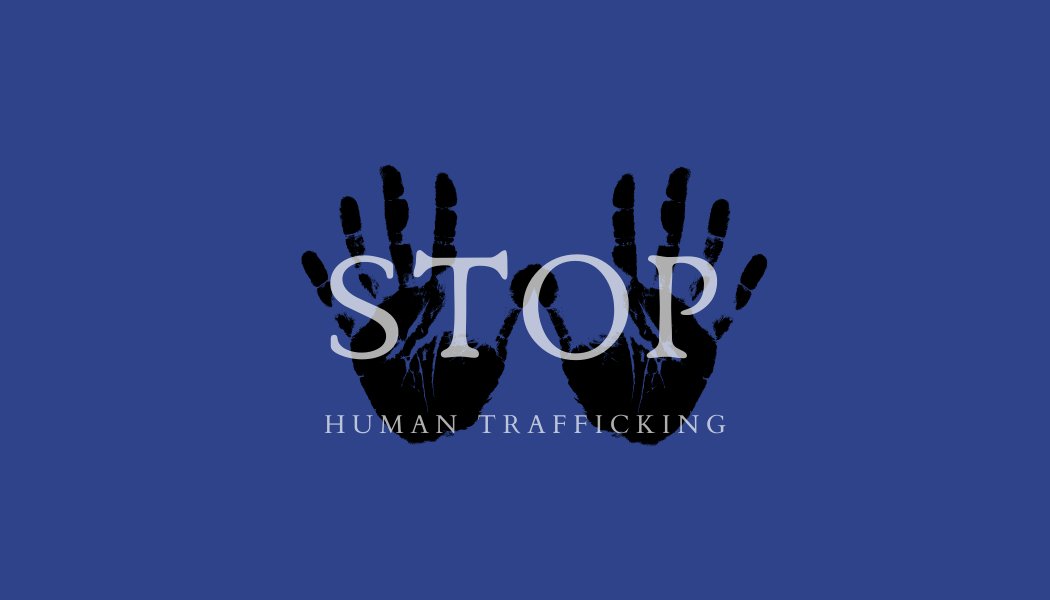January is National Slavery and Human Trafficking Awareness Month
Learn how you can make a difference
By Brittany Spratt, Programs for Peaceful Living
Bingen, Washington (January 6, 2023) - For the past 13 years, January has been dedicated by the President to raise awareness and to educate the public about how to identify and prevent human trafficking with January 11 recognized as the day of observance.
But is one day of observance enough? Is one month of awareness enough?
Also known as modern day slavery, human trafficking includes the “recruitment, transportation, transfer, harboring or receipt of people through force, fraud, coercion or deception, with the aim of exploiting them for profit.” (www.antislavery.org)
People are being trafficked every day throughout the world and even here in your own home town. Do you know how to identify a trafficked victim? Can you prevent your family and loved ones from being victims themselves? Hopefully after reading this article you can become informed enough to be an ally in helping to stop human trafficking.
There are three main forms of human trafficking that you should be aware of, sex trafficking (the most commonly heard of), forced labor, and debt bondage. Most people are aware of what sex trafficking means and what that could look like but let’s talk about forced labor and debt bondage.
Trafficking in the form of forced labor could be agricultural work, domestic servitude or factory work all of which would pay very little, if anything, for the victim’s services. Debt bondage usually begins when an individual inherits a debt from the death of a family member or loved one that they could not pay back. Then the victim would agree to work for the lender in exchange for paying off the debt, again at a very low rate of pay.
You may ask yourself, what would cause someone to be trafficked?
According to www.hopeforjustice.org, people experiencing any of the following things can be at greater risk of being trafficked:
Homelessness
Alcohol or drug addiction
Mental health problems
Chaotic home environment or recent family breakdown
Long-term unemployment
Learning difficulties
Debts or criminal convictions
Fear of deportation or being discovered by authorities, and
Physical injuries or disabilities
But how do traffickers make their victims stay?
Safe Horizon, a national victim assistance organization, explains that traffickers use a variety of coercive methods to control their victims, like
Luring their victims with false promises of economic opportunity
Withholding identification, work authorization or travel documents
Demanding repayment for a real or alleged debt
Using or threatening to use violence
Monitoring and surveillance activities, and
Paying very little or not paying at all for work.
Trafficked victims may also be forced to live in subpar conditions, not be allowed to talk to anyone alone or without supervision or be coached on how to respond to inquiries from others including police and other authority figures.
How do you recognize trafficking so that you can identify victims and help save a life?
The Department of Homeland Security has detailed information on what to look for. Does this person:
Live with their employer?
Have poor living conditions?
Live with multiple people in a cramped space?
Not have the ability to speak to you alone?
Have answers that seem to be scripted and rehearsed?
Not have access to their own documents or an employer is holding their identity documents?
Show signs of physical abuse?
Seem to be submissive or fearful?
Go unpaid for their work or get paid very little?
Appear to be under the age of 18 and working in prostitution?
So, how can you put this information to use?
If you have suspicion that someone is being trafficked, try to learn more, only if it is safe to do so. Do not put them or yourself at risk. If you have the opportunity, speak in private and ask some key questions:
What is your name?
Where are you from?
Can you leave your job if you want to?
Can you come and go as you please?
Have you been hurt or threatened if you tried to leave?
Has your family been threatened?
Where do you sleep and eat?
Do you live with your employer?
Are you in debt to your employer?
Do you have your passport/ identification documents and if not, who has them?
How do you help? In a life threatening and emergent situation, call 911.
Otherwise, you can also help them by calling the national trafficking hotline at 1-888-373-7888. Here locally in Klickitat County call Programs for Peaceful Living, your crime victims service center, at 1-509-493-2662.

